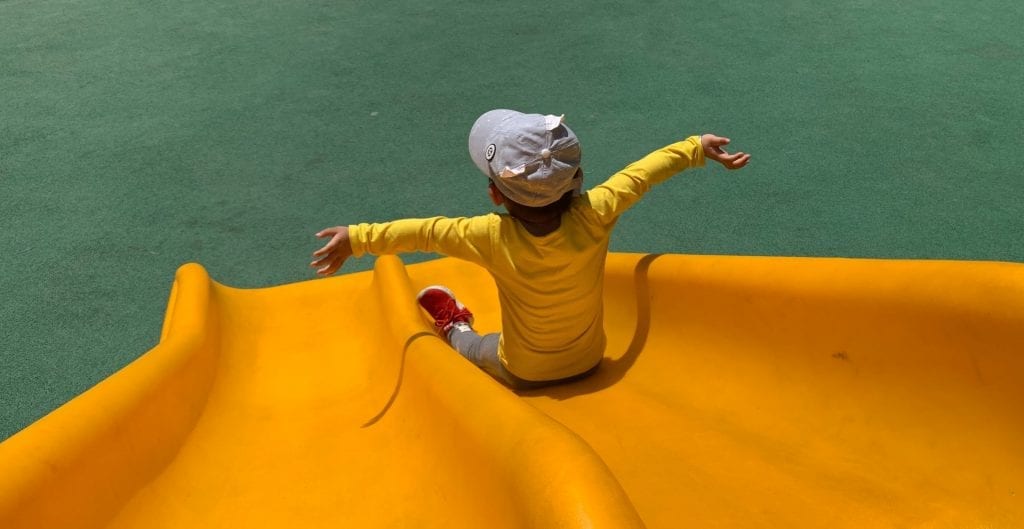How to Avoid COVID Summer Slide
Unfortunately, summer does often come with academic losses known as the summer slide.
Our children revel in the freedom of summer; for three months they get to relax, play, and just be kids without the pressures of school. As parents, we want this free-time for our kids. But what we don’t want is for them to lose the academic gains they made in the prior school year. Unfortunately, summer does often come with academic losses known as the summer slide.
What is the summer slide?
A student’s instructional level is often measured by a Rasch UnIT (RIT) score. Research conducted in 1996 suggested that students gain four to 16 RIT points in math and reading during the school year, only to lose three to five of those points over the summer. This is especially concerning for children just reaching the minimum average of academic achievement for their grade and age group, because all of their progress is then likely lost over the summer.
Fortunately, a drastic summer slide is not necessarily inevitable for our students. Studies have shown a correlation between RIT declines and the personal factors of a student’s life. Economic class, for instance, has shown to be a major factor with lower and working-class children experiencing more loss than their wealthier peers. While unfortunate, class differences do show that the summer slide is dependent upon one’s summer experience and is therefore an avoidable phenomena.
This is especially concerning for children just reaching the minimum average of academic achievement for their grade and age group, because all of their progress is then likely lost over the summer.
Statistics from the Fall of 2020 are showing that students’ summer academic losses, coupled with remote learning from the Spring of 2020, are significant. This upcoming summer will take the usual summer obstacles and add an additional layer of anxiety and cabin fever for kids whose families are still social distancing.
Working to combat the COVID-19 slide may be the last thing most parents want to do after months of filling in for educators. Summer is an opportunity for many moms and dads to take a much-needed break from balancing teaching and work. But don’t throw in the towel just yet.
While summer school is a recommended strategy for keeping kids on track this summer, there are more activities in which your children can engage in order to preserve their academic gain.
Suggestions for combating the summer slide:
Summer Reading
Some of you may be lucky enough to live in a school district that does the work for you and assigns a summer reading list to your student. If not, help your child channel their interests into related reading. Hopefully, your local library is open or providing digital services. Alternatively, you can encourage your community to actively utilize the nearest Little Free Library. Has your child exhausted the list of titles on your subscription television streaming services? Consider swapping Netflix for an ebook service instead.
STEM Activities
Whether you send your child to an online summer camp, purchase a science kit or hold a daily viewing of the National Children’s Museum’s STEAMwork videos, any inclusion of STEM in your child’s routine is a powerful force against the summer slide. STEM education is easy to incorporate into fun and games; it just takes some intentionality in pointing out where the STEM portions lie.
Video Games
We know – many of you would have to go to war with your children before they choose the previous examples over gaming. As a much less dramatic compromise guaranteed to keep the peace in your family, encourage your child to play popular video games with an educational value. Some of today’s most acclaimed games such as Minecraft and Little Big Planet are wonderful learning tools that push kids to put their academic skills to use. So if your child doesn’t game, try it. If they never stop gaming, try and nudge them in the right direction.
As a much less dramatic compromise guaranteed to keep the peace in your family, encourage your child to play popular video games with an educational value.
Of course we want our children to have a care-free, fun summer. But relaxing through those months doesn’t have to be at the expense of their learning. Hopefully these suggestions will help you be intentional about finding learning opportunities for your child that will help her maintain her academic growth up until the start of her next school year.

